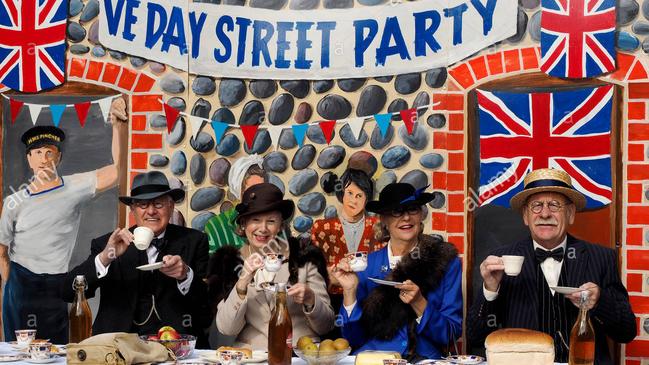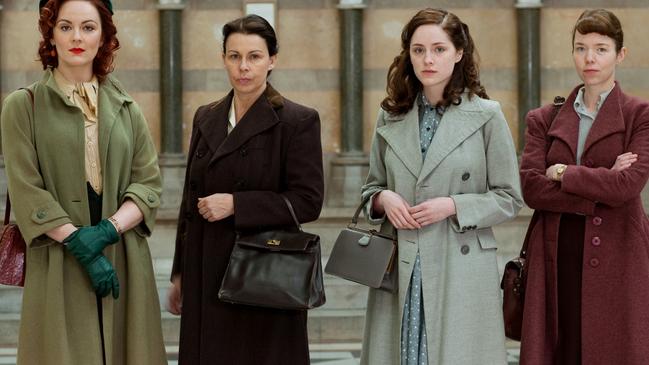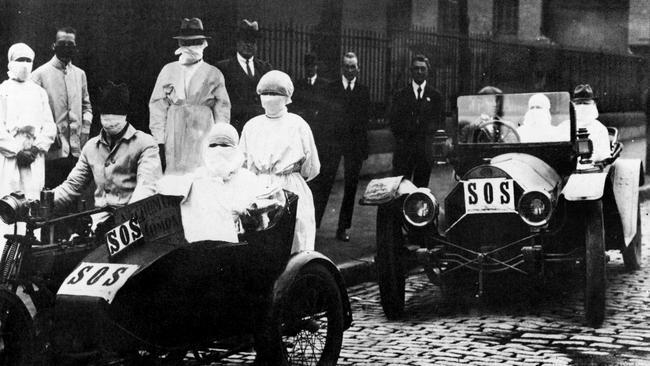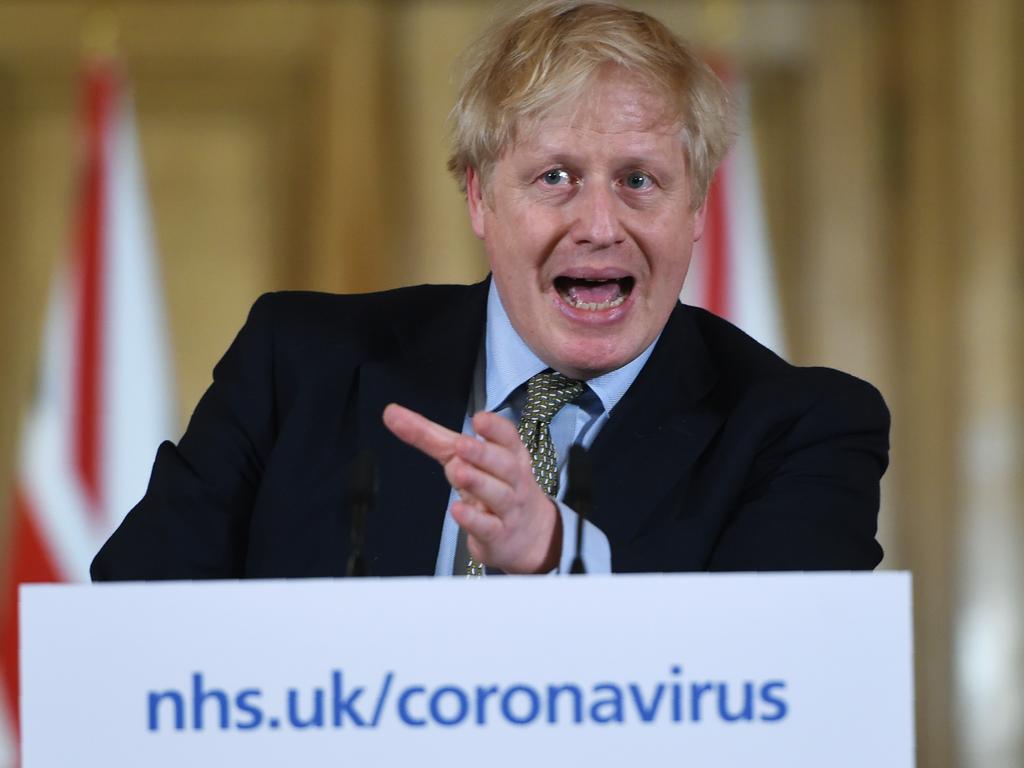Coronavirus: Whatever the virus kills, it won’t be globalism

This is a time when glib writers are accorded the status of prophet just because they predicted – as had every virologist and public health expert I’ve ever met – that one day there’d be a viral pandemic. The fact is that this one had been coming and we had been warned.
So, in the same way, there is going to be a developing fashion for post-viral prediction. In fact it has already started. Google “coronavirus” and “end of globalism” and see what you get. Or, as one of the nation’s most respected figures put it on BBC Radio 4 on Wednesday, COVID-19 “could be a threat to our way of life”.
Under the headline “coronavirus marks an epoch. Life will never be the same again, but it will go on”, one entertaining, reliably reactionary author speculated that it could lead to the victory of non-contact social media and an end to “casual experimentation”, by which I think he meant sex. At least he refused to join the growing Blue Labour/Red Tory band looking forward to the end of globalism, cultural diversity and hyper-mobility and a return to the rediscovered virtues of pipe, slippers and Ludo.
It’s true that some events, including pandemics, seem to leave very little mark. The Spanish flu epidemic of 1918-1920 that we all now talk about was described by its own historian as “the forgotten epidemic”. You won’t find it raised in the great political literature of the interwar years. It inflicted no social scars to compare with, say, those of the Great Depression.
However, as the Imperial College COVID-19 team said last week in the seminal paper that so influenced the government’s spectacular volte-face, “no public health intervention with such disruptive effects on society has been previously attempted for such a long duration of time. How populations and societies will respond remains unclear.” And we can imagine that all that money the chancellor is now pledging will have to come from somewhere, mostly from the future. Even victors eventually have to pay for their wars.
What we can predict is that the predictions about what will follow the pandemic are likely to be wrong. After the First World War the reaction against armed violence was going to be so great that it would “end all wars”. After the Second World War people would be satisfied by the collective provision of basic goods and services and a new communitarian spirit would prevail. In fact, as a new history of Britain during 1939-45 puts it, there was a “thirst for glamour, independence and consumer goods that had developed alongside the collectivist mood during the war”. Working-class men had seen the world, and working-class women had taken up “men’s work” and had met Americans.

Or take the Black Death – “the Chinese Black Death” as Donald Trump would have called it. There was no globalism or Schengen back in the 1340s but there was trade, and so an illness that began with a bacterium now known as Yersinia pestis, infecting fleas that lived on rodents in the Gobi desert, travelled down the trade routes. It made deathfall in the Sicilian port of Messina in October 1347 and reached England through the Dorset port of Melcombe. It then killed between a third and a half of the population of these islands.
Some in Europe blamed the Jews (England couldn’t, we no longer had any). Others thought God had been offended. But the long-term outcome was not at all clear to contemporaries. “Time, however,” wrote my old history tutor, Maurice Keen, “made the real consequences of the mortality apparent. Gradually it began to infiltrate the seignorial consciousness that things had changed very much to the disadvantage of landlords as a class.” Repeated attempts were made to remedy this situation and limit the new mobility of the now in-demand labouring classes. One result, in 1381, was the Peasants’ Revolt. No one in 1347 saw that one coming.
How about the Great Plague of 1665? As its historian Stephen Porter has written, allowing for the loss of life, the fortunes of some communities “revived quite quickly. Individuals too found that the plague had created opportunities or perhaps a breathing space, even though it had disrupted their lives.” One of these was Isaac Newton, who in his period of social isolation evolved the theory of colours, invented differential calculus and conceived the idea of universal gravitation.

As the peak of the horrendous Aids crisis passed in America and Europe, people tried to assess its long-term implications. One big US study claimed in the early 1990s that “Aids will reshape many aspects of society, its norms and values, its interpersonal relationships and its cultural representations … the future will be different from both the past and the present”. Many thought that sex itself was dead.
Except it wasn’t. Aids changed attitudes towards public health for many, it improved co-operation between clinicians and scientists. But arguably the biggest change was the destruction of the wall of prejudice and ignorance that had divided the gay and straight communities. Aids was the horrific catalyst of a new mutual knowledge. That was most certainly not predictable.
In almost every case the consequence of a disaster has not been to make humanity draw in its horns and huddle round its tribal and familial fires. So after having damned predictions, I will make one. After COVID-19 there will not be some snapping back to ancient virtues of faith, flag and family. Those who imagine that the young, freed from a psychological and social austerity imposed upon them for the sake mostly of their elders, are going to decide to live for ever in such a condition are fooling themselves.
After VC Day they won’t travel less, they will travel more. They won’t party less, they’ll party harder. They won’t become communitarians, they will relish their chance to be dancing cosmopolitans once again. Because if this pandemic will have taught them anything it is that, as with climate change, they and their peers live in an interdependent world.
The Times







I like a nice portent as much as the next shallow thinker, but I can’t help wondering whether the memories of children alive today concerning the Great Pandemic won’t depend more on the weather during the coming school-less spring than on the death and destruction caused by the virus. That and recalling what was finally declared VC Day, when their parents had a drunken celebratory barbecue that got out of hand.